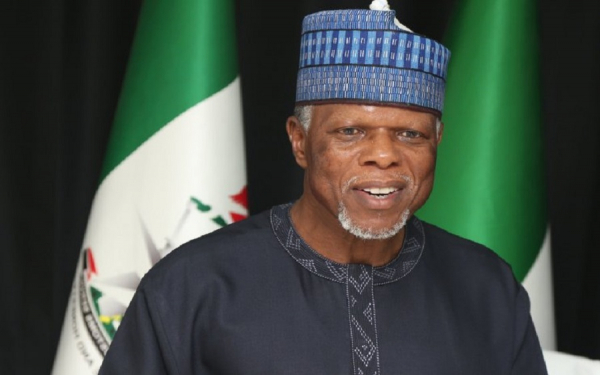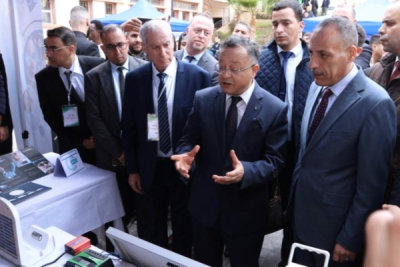With the E-customs project, authorities want to improve operational and financial efficiency, in line with the Nigerian government’s, which is to “improve services, lives, and revenues with digitalization.”
Nigeria recently launched a US$3.2 billion project that will quadruple monthly customs revenues. Dubbed the “E-customs” project, it consists of digitalizing the whole customs administration, including revenue collection. In that regard, stakeholders expect the project to help fetch US$176 billion in the next 20 years.
In the framework of the project, the Nigeria Customs Service signed, last May 30, a concession agreement with the Trade Modernization Project Limited, the project consortium formed by Africa Finance Corporation (AFC) and Huawei Technologies Limited.
With the E-customs project, financed by the AFC and implemented by Huawei, Nigerian authorities want to leverage digital tools to improve customs’ operational and financial efficiency.
“... we’re going to become a fully digitized Service. [...] The success of this project will be on the global map. We are going to hit the ground running. It’s a very beneficial project especially as it’ll garner $176 billion for the concession period. We are likely to surpass that,” said Mr. Hameed Ibrahim Ali, Comptroller General of the Nigeria Customs Service (NCS).
“To the Nigeria Customs, this is going to change the entire business process. It is going to put the Customs on the best part in terms of doing business. It would remove all arbitrariness and human mistakes … ease the cost of doing business…. assist those of us who were given the task to manage with a simpler process of managing and monitoring,” he added.
For Alhaji Saleh Ahmadu, chairman of the Trade Modernisation Project Limited, the e-customs project has several economic benefits. “As the concession period begins, we wish to assure Nigerians that the revenue target of 176 billion dollars for the Federal Government will be achieved, if not surpassed. [...] More importantly, we are excited about the real economic benefits for the country, in terms of business growth for exporters and import-dependent businesses. [...] Others are improved global supply chains, enhanced industrial capacity utilization, and creation of employment opportunities,’’ he indicated.
Ruben Tchounyabe



















